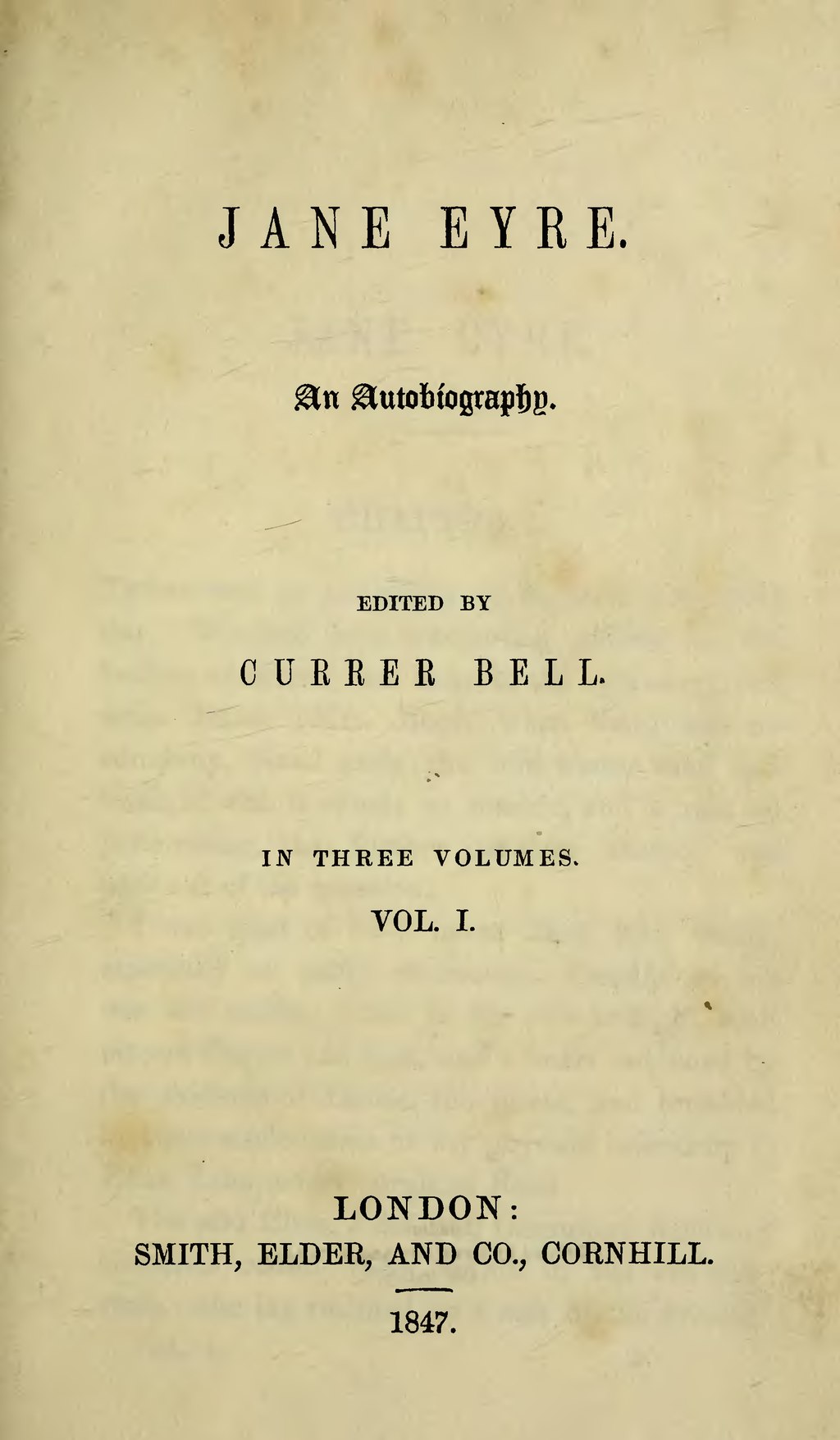After finishing A room of one's own with the slot game of "the big bad wolf and three piglets" spinning on its own on the side, I found myself in a fog.
Ok, I did find traces of Mrs. Dalloway but "This is the Woolfy style?"
The fog I found myself in was a result of cognitive dissonance. Something expected was missing.
Based on the impression I got from bibliographical info online or the movie, The Hour, there had to be a hint of depression (not quite sure whether it's the right word) in the writing of this legendary lady who went with the river of no return--like what I sensed in Wallace's "A supposedly fun thing I will never do again," which, by the way, was considered as extremely funny and humorous by quite a lot of people.
Since I don't know squat about literature and writing, I have no business to meddle with what might contribute to what I sense in people's writing, or the content.
One thing I know is that Woolf must have had the work done when depression gave her a break, whether she was in the manic phase or not. If it's true, I have to really thank her for managing to bring herself out of depression when not required to be in it. It's because it somehow pains me greatly to read things that are supposed to be on the sunny side while something in the writing tells me, "The author is sort of like ... very depressed?"--whether the authors themselves know it or not, and whether it's my disordered thinking or not.
I was actually pretty afraid of Virginia Woolf--more precisely, reading her work--A room of one's own. It's a good thing that the estimated value of expectation is far off from the true value this round, when I learn that the "my feel" kind of thing is considered by me part of the stuff called a style (whether it belongs to other people's style or not, and whether it would remain so for me or not).
(P.S., Though I said I don't have the audacity to comment on the content, Woolf's emphasis on the progression of the collective does remind me of my call for the mental nation to strive on, helping ourselves and helping others to help ourselves, for the benefit of the future generation of we mentals--in the book I completed that was far too long and thus not published.)
Ok, I did find traces of Mrs. Dalloway but "This is the Woolfy style?"
The fog I found myself in was a result of cognitive dissonance. Something expected was missing.
Based on the impression I got from bibliographical info online or the movie, The Hour, there had to be a hint of depression (not quite sure whether it's the right word) in the writing of this legendary lady who went with the river of no return--like what I sensed in Wallace's "A supposedly fun thing I will never do again," which, by the way, was considered as extremely funny and humorous by quite a lot of people.
Since I don't know squat about literature and writing, I have no business to meddle with what might contribute to what I sense in people's writing, or the content.
I was actually pretty afraid of Virginia Woolf--more precisely, reading her work--A room of one's own. It's a good thing that the estimated value of expectation is far off from the true value this round, when I learn that the "my feel" kind of thing is considered by me part of the stuff called a style (whether it belongs to other people's style or not, and whether it would remain so for me or not).
(P.S., Though I said I don't have the audacity to comment on the content, Woolf's emphasis on the progression of the collective does remind me of my call for the mental nation to strive on, helping ourselves and helping others to help ourselves, for the benefit of the future generation of we mentals--in the book I completed that was far too long and thus not published.)







